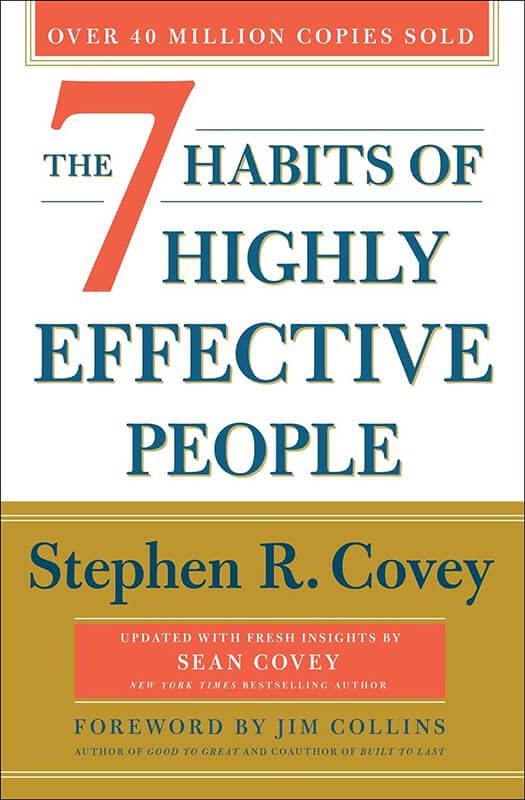Robert Greene’s “The 48 Laws of Power,” first published in 1998, has become a cultural touchstone, sparking both admiration and controversy. This thought-provoking book distills 3,000 years of history into 48 essential “laws” for acquiring, maintaining, and defending against power.
Greene’s work offers a stark, often Machiavellian view of human nature and social dynamics, drawing from historical examples, philosophy, and psychological insights. This book provides a compelling and fascinating, if at times unsettling, perspective on the nature of power and human behavior.
Core Concepts
Greene’s approach to power revolves around several key principles:
- Power is amoral and essential for survival in a competitive world
- Understanding human nature is crucial for wielding and defending against power
- Appearances and perception often matter more than reality
- Indirect tactics are often more effective than direct ones
- Each situation requires a different application of power principles
These concepts aim to provide readers with a comprehensive toolkit for navigating complex social and professional landscapes, though their ethical implications are often left for the reader to grapple with.
Chapter-by-Chapter Review
The book is divided into 48 chapters, one for each of the 48 laws of power. Each chapter delves into its respective law, providing historical examples, practical advice, and strategies for application.
Here’s a complete list of the 48 laws:
- Never Outshine the Master
- Never Put Too Much Trust in Friends, Learn How to Use Enemies
- Conceal Your Intentions
- Always Say Less Than Necessary
- So Much Depends on Reputation – Guard It with Your Life
- Court Attention at All Cost
- Get Others to Do the Work for You, but Always Take the Credit
- Make Other People Come to You – Use Bait if Necessary
- Win Through Your Actions, Never Through Argument
- Infection: Avoid the Unhappy and Unlucky
- Learn to Keep People Dependent on You
- Use Selective Honesty and Generosity to Disarm Your Victim
- When Asking for Help, Appeal to People’s Self-Interest, Never to Their Mercy or Gratitude
- Pose as a Friend, Work as a Spy
- Crush Your Enemy Totally
- Use Absence to Increase Respect and Honor
- Keep Others in Suspended Terror: Cultivate an Air of Unpredictability
- Do Not Build Fortresses to Protect Yourself – Isolation is Dangerous
- Know Who You’re Dealing With – Do Not Offend the Wrong Person
- Do Not Commit to Anyone
- Play a Sucker to Catch a Sucker – Seem Dumber Than Your Mark
- Use the Surrender Tactic: Transform Weakness into Power
- Concentrate Your Forces
- Play the Perfect Courtier
- Re-Create Yourself
- Keep Your Hands Clean
- Play on People’s Need to Believe to Create a Cultlike Following
- Enter Action with Boldness
- Plan All the Way to the End
- Make Your Accomplishments Seem Effortless
- Control the Options: Get Others to Play with the Cards You Deal
- Play to People’s Fantasies
- Discover Each Man’s Thumbscrew
- Be Royal in Your Own Fashion: Act Like a King to Be Treated Like One
- Master the Art of Timing
- Disdain Things You Cannot Have: Ignoring Them Is the Best Revenge
- Create Compelling Spectacles
- Think as You Like but Behave Like Others
- Stir Up Waters to Catch Fish
- Despise the Free Lunch
- Avoid Stepping into a Great Man’s Shoes
- Strike the Shepherd and the Sheep Will Scatter
- Work on the Hearts and Minds of Others
- Disarm and Infuriate with the Mirror Effect
- Preach the Need for Change, but Never Reform Too Much at Once
- Never Appear Too Perfect
- Do Not Go Past the Mark You Aimed For; In Victory, Learn When to Stop
- Assume Formlessness
Through the “48 Laws of Power”, you can expect to learn the unvarnished truth about how influence and control shape every human organization. The text reveals the ruthless strategies behind power dynamics, stripping away surface-level niceties to expose the real mechanisms that drive success. From calculated alliance-building to strategic warfare, you’ll grasp how true power players dominate their domains while maintaining a pristine public image. It’s a raw, unfiltered look at organizational dynamics that will forever change how you view leadership, ambition, and human nature.
Key Strengths
- Offers a comprehensive analysis of power dynamics throughout history
- Provides practical insights into human behavior and social psychology
- Rich with historical examples and anecdotes that illustrate each law
- Challenges readers to think critically about their own behavior and motivations
- Elegant prose and thoughtful organization make complex ideas accessible
Potential Drawbacks
- Some laws may be seen as unethical or manipulative
- The cynical view of human nature may be off-putting to some readers
- The historical examples, while illustrative, may feel distant from modern contexts
Who This Book Is For
“The 48 Laws of Power” is a compelling read for a wide range of individuals interested in understanding social dynamics and influence. It’s particularly well-suited for:
- Business leaders and entrepreneurs seeking to navigate complex professional environments
- Students of history and human behavior
- Individuals looking to improve their strategic thinking and social awareness
- Anyone interested in understanding the mechanisms of power in society
Final Review
“The 48 Laws of Power” is a provocative and insightful exploration of the nature of power and influence. Greene’s meticulous research and engaging writing style make for a compelling read, offering valuable insights into human behavior and social dynamics. While the book’s Machiavellian approach may not align with everyone’s ethical standards, it provides a thought-provoking framework for understanding and navigating complex social landscapes.
Readers should approach the book with a critical mind, considering the ethical implications of each law and how they align with personal values. The true value of “The 48 Laws of Power” lies not necessarily in following each law to the letter, but in gaining a deeper understanding of human nature and the dynamics of power that shape our world.
Rating: 4.6/5
An essential read for anyone seeking to deepen their understanding of social influence, strategic thinking, and the often unseen forces that shape human interactions.

Alternative Books
If you found this book interesting, consider these on influence, strategy, and human behavior:

“The Art of War” by Sun Tzu
A classic treatise on strategy with a focus on leadership.
Rating: 4.4/5

“Influence: The Psychology of Persuasion” by Robert Cialdini
Explores why people say “yes” and how to ethically apply these insights.
Rating: 4.5/5

“The 7 Habits of Highly Effective People” by Stephen R. Covey
An ethically-grounded approach to personal and interpersonal effectiveness.
Rating: 4.6/5





